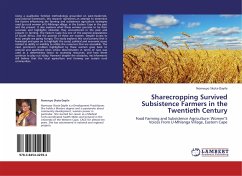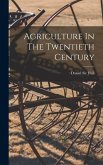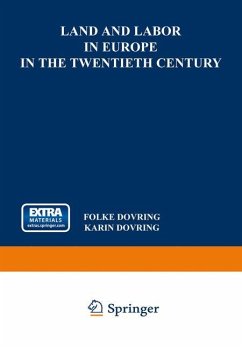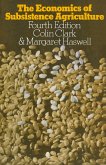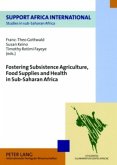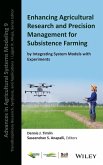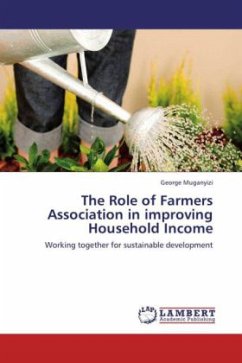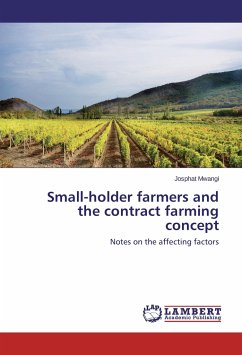Using a qualitative feminist methodology grounded on post-modernist, post-colonial framework, this research represents an attempt to determine the factors influencing the farming and subsistence agriculture strategies used by rural women of U-Mhlanga village, in the Eastern Cape in the past and the present. It also explores what these women perceive to be their successes and highlights obstacles they encountered in the past and present in farming. The Eastern Cape has one of the poorest populations of South Africa, and the poorest of these are women. Despite access to land, people are going hungry. This study explores this rural poverty that is feminized and goes on to highlight the social, political and economic issues related to ability or inability to utilize the resources that are accessible. The most prominent problem highlighted by these women goes back to colonial and apartheid times where discrimination in terms of race was used as a determining factor to accessing resources, and how these continue to play out today. However despite the obstacles, my informants still believe that the local agriculture and farming can sustain rural communities.
Bitte wählen Sie Ihr Anliegen aus.
Rechnungen
Retourenschein anfordern
Bestellstatus
Storno

